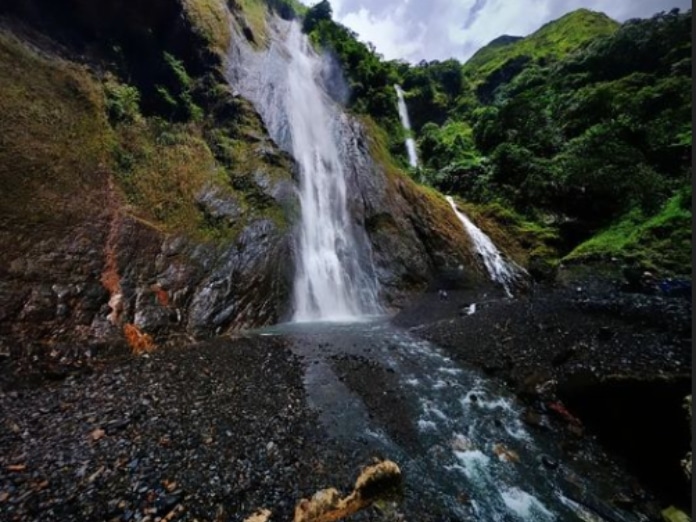P
to reflect Regarding the really existing states, it is necessary to leave aside ideologies and previous judgments to focus on what they are really doing or failing to do, in their relationship with the native, black and mestizo peoples. Thinking about the State from what the State has been doing in recent years is much more useful than going back to theories that often start from other abstract theories that do not interact with reality.
A few days ago the magazine Science The World Bank has released a study on the world’s population’s access to drinking water: around 55 percent of the world’s population does not have access to safe drinking water, or 4.4 billion people who live mostly in countries in the global South. Faecal contamination affects almost half of the population in low- and middle-income areas
says the report commented by The Country , which causes more than half a million deaths a year from diarrhea (https://goo.su/8zgGpzl).
Of the total, 1.2 billion live in South Asia, almost 950 million in sub-Saharan Africa, some 850 million in East Asia, almost 500 million in South-East Asia and more than 400 million in Latin America and the Caribbean. What are states doing to solve this tragedy? The answer is: little or nothing.
In reality, they merely promote extractivism/accumulation by dispossession (mining, monocultures, large infrastructure projects, real estate speculation, etc.) that only aggravate climate chaos and water scarcity for those who cannot pay for it.
Although the study mentioned does not collect data from the Global North or from some countries in the South such as Chile and Uruguay, we know that in these regions there are huge inequalities in access to water. In large Latin American cities such as Buenos Aires, Sao Paulo and Mexico City, there are entire neighborhoods with an acute water deficit, an issue that is not being addressed by the states.
In the country where I live, Uruguay, there has always been an abundance of drinking water of excellent quality. But in the last 30 years the deterioration has been evident, to the point that today the water we consume is not safe. None of the governments of these three decades, where progressives and conservatives have taken turns, took seriously the consequences of monocultures and cattle ranching, which are responsible for the contamination of all the rivers.
States are simply facilitating accumulation by dispossession in a variety of ways. Sociologist William I. Robinson argues in a recent article that In this era of global capitalism, the system produces a historically unprecedented multiplication of surplus humanity.
people Too numerous to be useful to capital as a reserve army, incapable of consuming, restless and constantly on the move
(https://goo.su/9IzjUX). To contain them, because those at the top no longer aspire to integrate them, they turn to the Global police state whose contingent ultimate goal is extermination
.
We are, then, faced with states for extermination, whose greatest example is Gaza, which for Robinson appears as a form of primitive accumulation through genocide
It is the mirror in which the rest of humanity should look at ourselves.
The important thing is to understand that we are facing a structural reality, which no longer depends on who governs, that is, who administers the State, that is what the art of governing is about. Although they sell us changes
both the right and the left, when they are in power, limit themselves to managing what exists. And what exists is plunder, wars for plunder.
This does not mean that there are no alternatives, but that we cannot continue to rely on the states to provide the services that are their responsibility. While in Mexico City several neighborhoods remain without water because high-income areas and industries are given priority, in La Polvorilla (Acapatzingo Housing Community) the organized community has achieved its water autonomy through the construction of three different sources. They do not depend on the irregular state service.
The big problem we face is that the vast majority of the population, at least on our continent, continues to trust states and governments to resolve their most urgent problems. When they do not do so and take control of the water supply, as Pueblos Unidos did in the volcano region of Puebla, the response of the State is repression so that the multinational Bonafont can take back the sources.
Even in the big cities, the most difficult scenario for the popular sectors, it is possible to advance in autonomy of all kinds if we are able to organize ourselves and look far ahead, avoiding immediacy and avoiding the statist traps of the system. It is possible, but to do so it is necessary to swim against the current, to challenge the routine and the capitalist disorder, in particular the one that we replicate daily with total indifference.
















